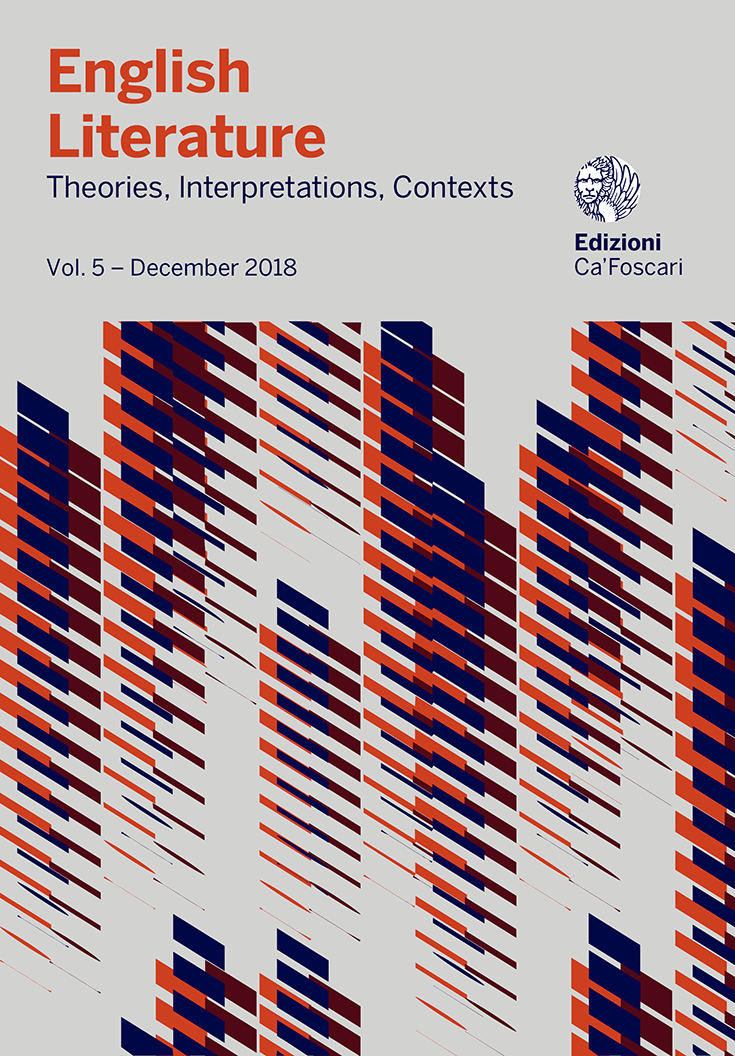
- search 702 views
- file_download 148 download
- keyboard_capslock metadata
-
mark_email_readIscriviti alla newsletter
The Literature of Fear in Britain
Coleridge’s Fears in Solitude and the French Invasion of Fishguard in 1797
abstract
This essay reads Samuel Taylor Coleridge’s 1798 poem, Fears in Solitude, in the context of the letters, memoirs, pamphlets, prints and caricatures that were produced in Britain during the 1797-98 French invasion scare. The essay will explore the ways in which these written and visual products attempted to evoke, express and even suppress feelings of fear, anxiety and terror and aims to understand Coleridge’s ‘fears’ in the context of these feelings. In particular, the essay will examine how Coleridge’s poem responds to the heightened alertness following the Fishguard landing in February 1797. In Fears in Solitude, Coleridge is deeply ambivalent about his stance towards his own country and his attitude towards the French. Reviewers and scholars have long been debating the poem’s pro- or anti-war stance, and whether or not it is part of a contemporary alarmist discourse. Many broadsides, handbills and pamphlets published during this period warned about the horrors of a possible French invasion. They were funded by royalist associations with the sole aim of propagating fear across the nation. While these publications contributed to a widespread discourse of alarm, others, especially the visual culture of the period, challenged and ridiculed such fearmongering. Military and naval accounts and other first-hand narratives gave voice to the feelings pervading this time of psychological warfare, and explored the extent to which the horrors of war did come home intimately to affect the individual body and mind during this time. Read in the context of such contemporary texts, Coleridge’s poem emerges as an artistic discourse designed reflectively to manage his own and the nation’s fears instead of perpetuating the feeling itself.
Keywords: 1790s • Politics • Propaganda • Invasion • Fear • War • Feeling • Fishguard • Coleridge